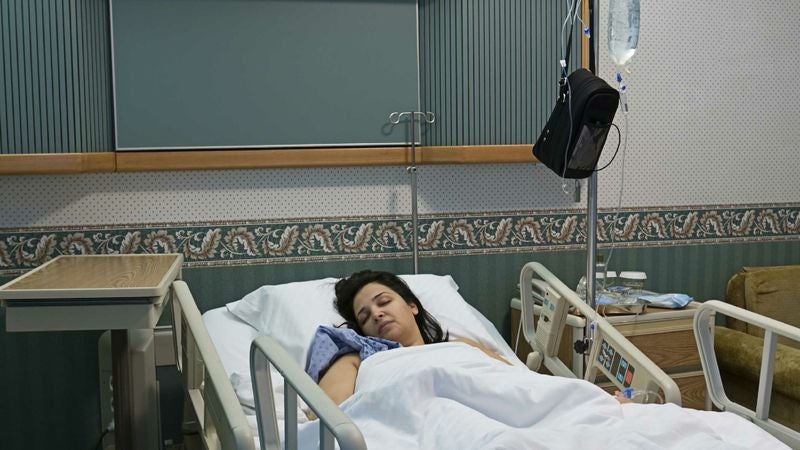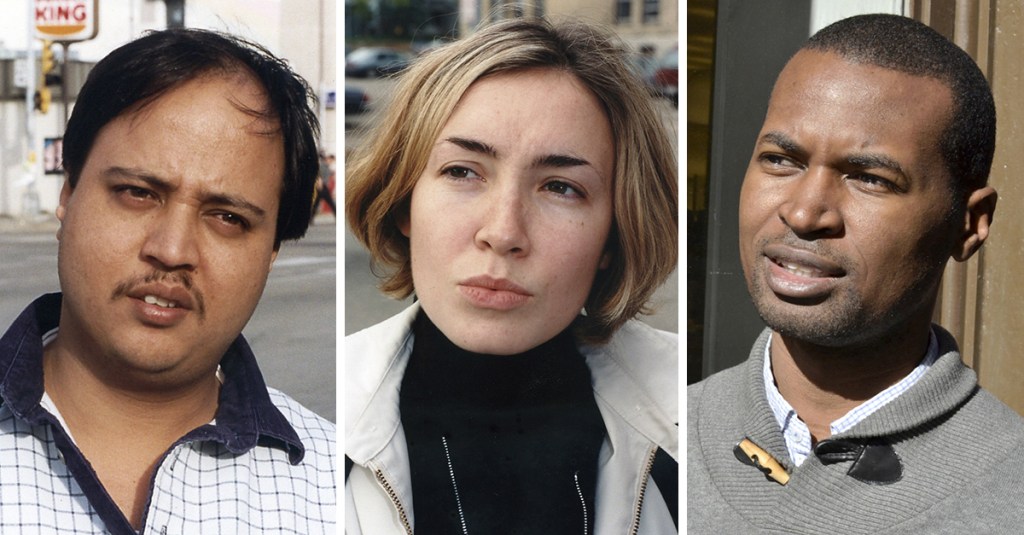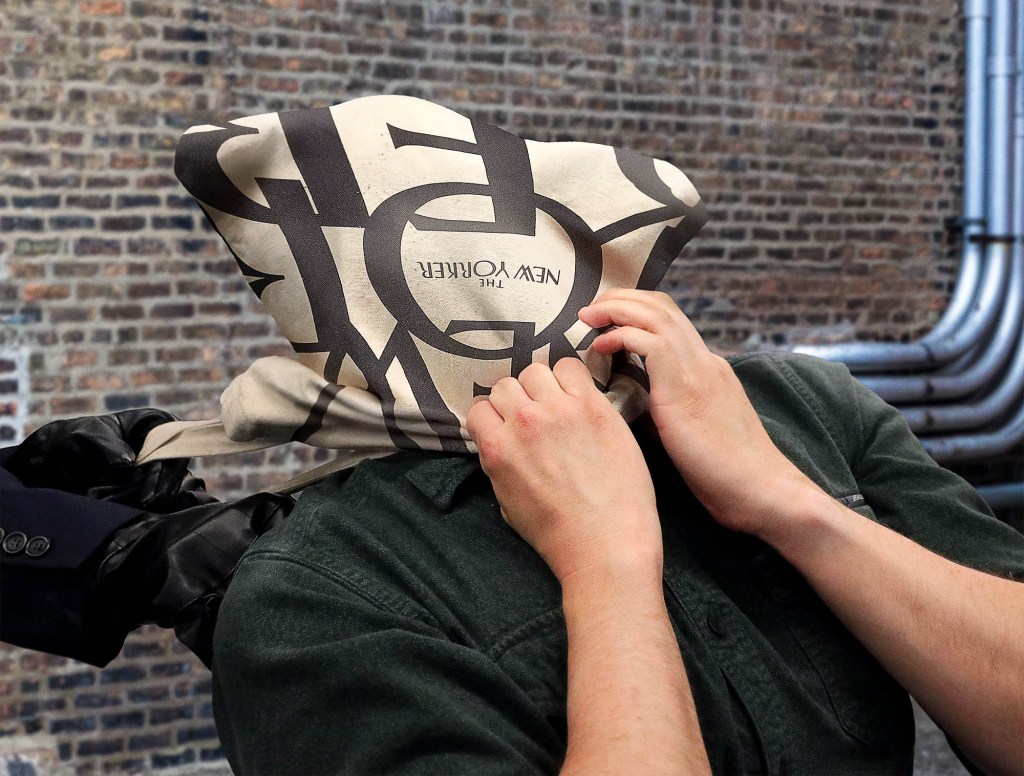WASHINGTON—In an effort to shorten the wait time for dialysis patients in need of a donor, the Department of Health and Human Services this week opened a new express transplant list to the public that matches candidates with either a kidney or any other organ at all.
According to sources, the new system allows patients to select from a list of alternative organs, such as a heart, liver, or lung, that they would like to receive should a kidney be unavailable. By no longer restricting kidney patients to one specific donor organ, officials estimate that the average wait for transplant candidates will fall dramatically, from an average of three to five years to less than 24 hours.
“With over 100,000 people currently unable to find kidney transplants, this expedited list will ensure that each and every one of them receives at least some type of organ in a timely manner,” said HHS Secretary Sylvia Mathews Burwell, adding that in some instances, patients have been ushered into surgery minutes after signing the registration form. “The long wait puts unnecessary stress on those who are already sick, so we hope to alleviate that pressure by quickly locating and implanting whatever we can get our hands on.”
“Getting a kidney is ideal, but a pancreas can be a precious gift, too,” Burwell added.
Whereas more than 4,000 people died annually while waiting for a transplant under the old system, the upgraded list has reportedly eliminated this problem completely, with every patient rapidly receiving a kidney or a more immediately obtainable organ. In addition to major organs, sources said the new protocols allow for kidneys to be replaced with tissue, such as nerve bundles or lumps of cartilage.
The new list has reportedly drawn praise from patients, who have seen their anxiety vanish virtually overnight at the prospect of their diseased kidneys quickly being exchanged for more accessible body parts.
“I was so sick of leaving my fate up in the air using the old system, never knowing if I’d get the transplant I needed in time,” said 58-year-old diabetic Janet Martin, who selected an intestinal tract, a thymus gland, and 17 other potential backups for the kidney she has been waiting on since 2010. “Now, I know there’s a 100 percent chance I’ll get a new organ, and there’s a 5 percent chance it’ll be the one I really want.”
“That certainty means so much,” Martin added. “I don’t have to lie awake worrying—I’m getting a kidney or something else real soon.”
But despite the speedy access to transplant organs provided by the new list, critics have alleged that more affluent individuals are offered their preferred kidney alternatives, while less well-off patients are consistently presented with their least desired options.
“If I couldn’t get a kidney, I would have been fine with a gallbladder, a cornea, a spleen—a whole bunch of things,” said Christopher Corvese, 42, who suffers from a genetic condition that produces cysts in kidney tissue. “I bet if I were a millionaire, I’d probably get the heart valve I was really excited about. But, no, I got offered a face transplant, which was way, way at the bottom for me.”
“I’ll take it, of course,” added Corvese. “I mean, it’s better than nothing.”







